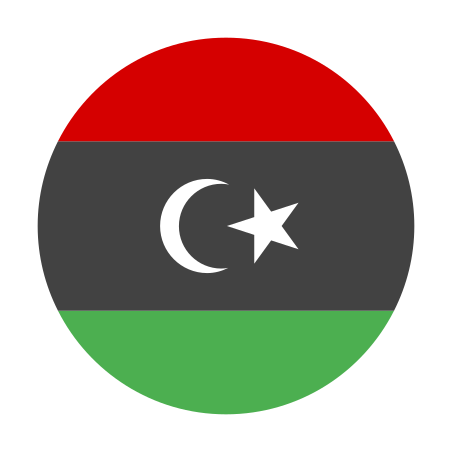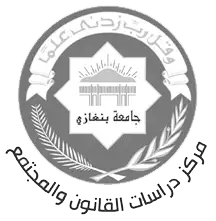Justice seeking and access to justice in Libya: Victims of kidnapping for ransom in Sabha
South Libya’s capital Sabha has seen an increase in abductions since the fall of Gaddafi in 2011. Dr Mabrouka el-Farawi investigated the justice journeys of four families in Sabha whose children were abducted for ransom. Where police proved unable or unwilling to help, people turned to armed groups and tribal authorities who could often do more.
Ransom is the main objective of the kidnappers, and so they look out for suitable targets. Sometimes a person close to the victim shares information with the perpetrators, in exchange for a share of the ransom. Then, the abductors estimate how much they can demand from each family. Our main case involves a wealthy merchant family, Berkoli. Their son Mohammed was kidnapped and a ransom of 1.500.000 Libyan dinars was demanded. Later, Mohammed’s brother Mustafa was also kidnapped, and then the ransom was set at 5.000.000 Libyan dinars. In two other cases, the amounts demanded were significantly lower. After the Abdul’s son was kidnapped, a ransom of 60.000 Libyan dinars was demanded. And when Hajja Halima’s son was kidnapped, a ransom of 30.000 Libyan dinars was demanded.
Although the harm appears clear – the abduction of a child – the families differed in their initial assessment of the gravity of their sons’ situations. Sometimes kidnappers communicated with their victim’s family to scare them. Some abductees were tortured and then told to call their families, to increase the psychological pressure on them to pay a ransom. Beyond the physical and psychological harm thus inflicted on the victims and their families, the abduction often also had economic and social ramifications.
The families’ justice journeys were rich in attempts, appeals, and obstacles – which are described in more detail in the full case study. In all cases, the families’ main objective was the return of their child. Halima remained uncertain about the fate of her son and said that even if he was no longer alive, she would simply want the return of his body. The merchant family was alone in making more retributive demands: that the perpetrators would be found, punished, and brought to justice.
All victims’ families first went to the police to file a complaint. But in their experience, the security services were uninterested or unable to bring back the abducted children. Interviewees agreed that Sabha’s security services do not have enough power to pursue criminals. This led a justice seeker to approach an armed group to find and arrest the kidnappers of his son. What is more, tribal politics impact their work: officials are reluctant to act against locally powerful tribes, for fear of retaliation against themselves, their family, or their tribe. Yet these cases also suggest that in Sabha tribes sometimes resolve conflicts, mediate between parties, and connect their members to state institutions. In sum: Tribes in Sabha sometimes aid people’s access justice, and at other times work to counter it. The merchant family and Abdul both turned to the military command which controlled Sabha, whereas Halima tried to establish communication with the kidnappers through her personal network.
Tribal affiliation, economic status, and social status in society all impacted justice seekers’ demands and actions. For instance, Hajja Halima was not well-off and lacked tribal connections. She did not succeed in finding back her son. Conversely, the merchant family was wealthy, of high social status, and had strong tribal connections. This helped them to involve state institutions, tribes, and armed groups, and ultimately to get their son back.
This summary was published in Suliman Ibrahim, Bruno Braak and Jan Michiel Otto (2022)'The Long and Winding Road: Justice seeking and access to justice in Libya', Leiden/Benghazi: Van Vollenhoven Institute/Benghazi Centre for Law and Society Studies.




